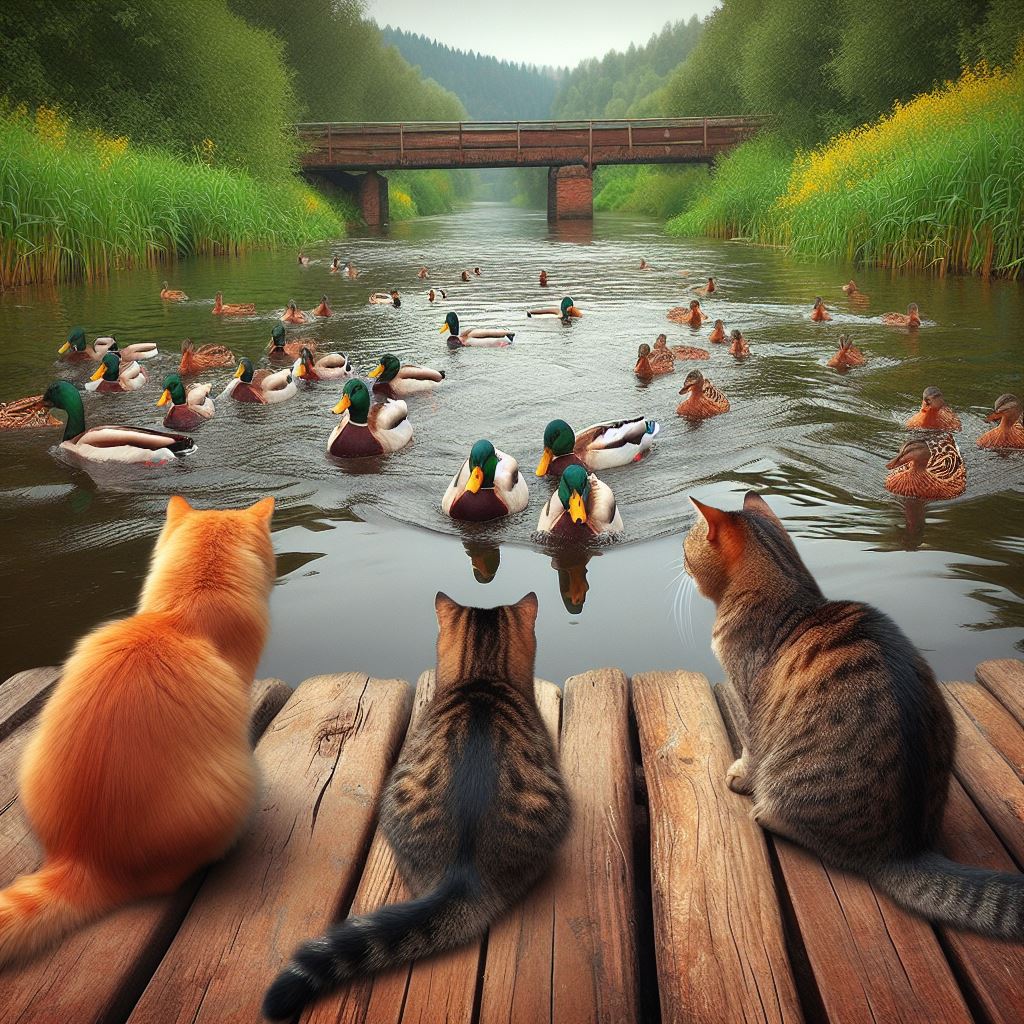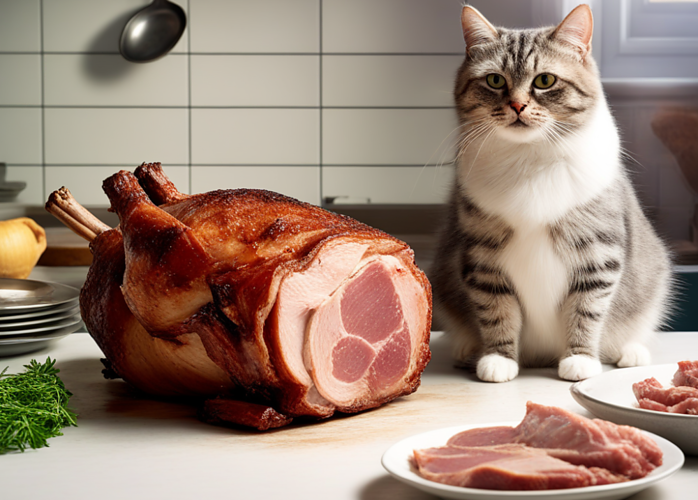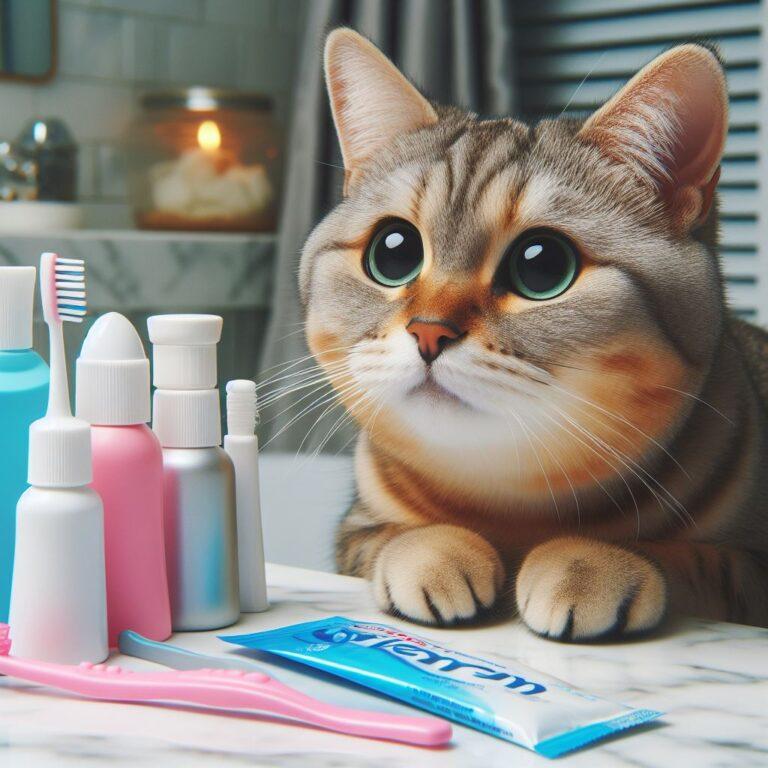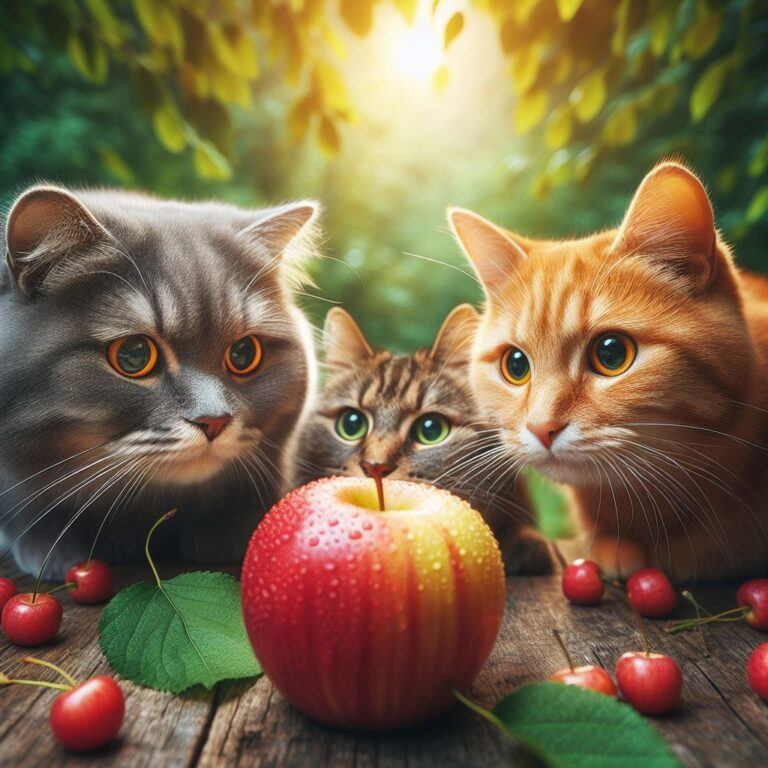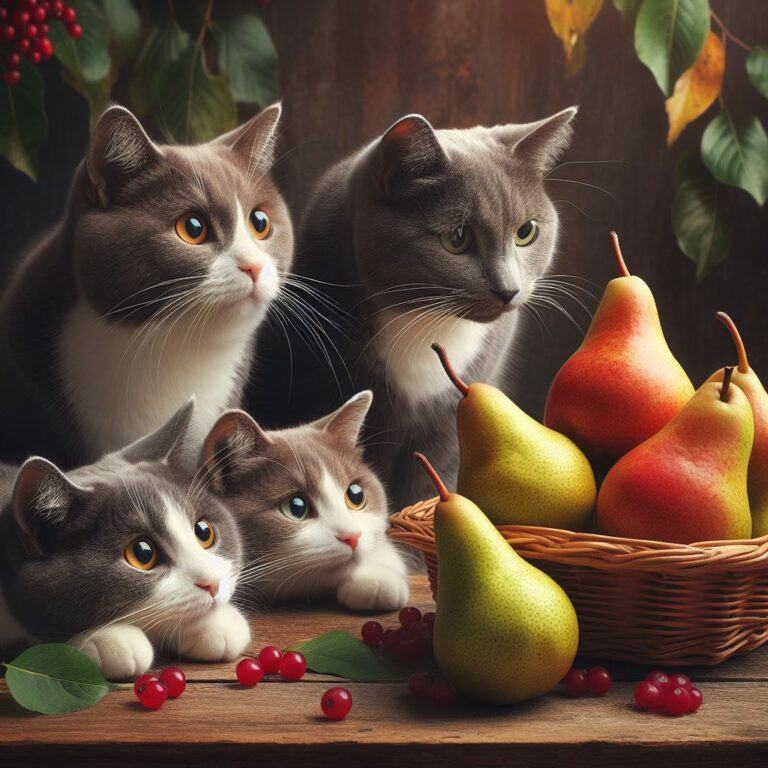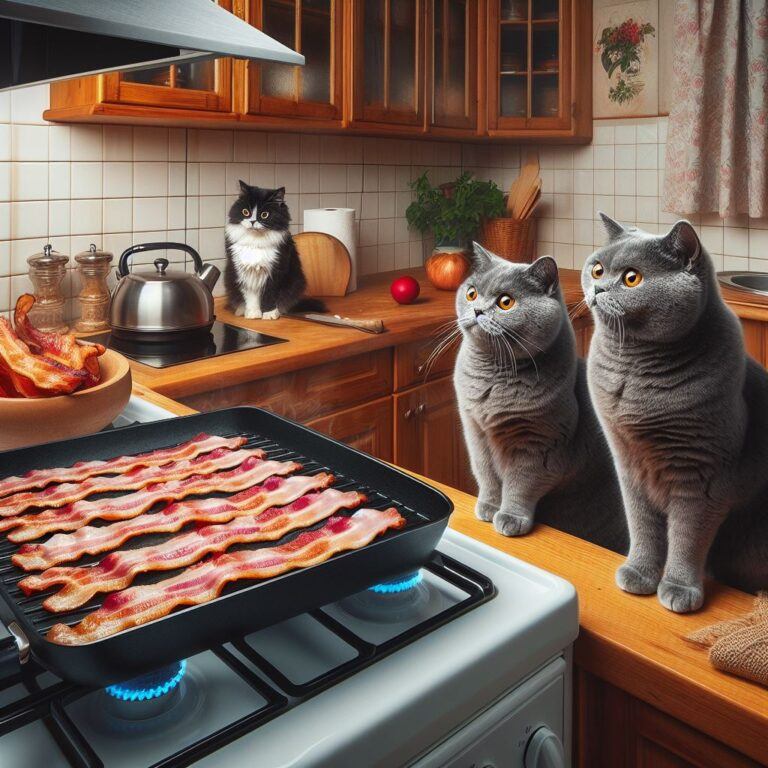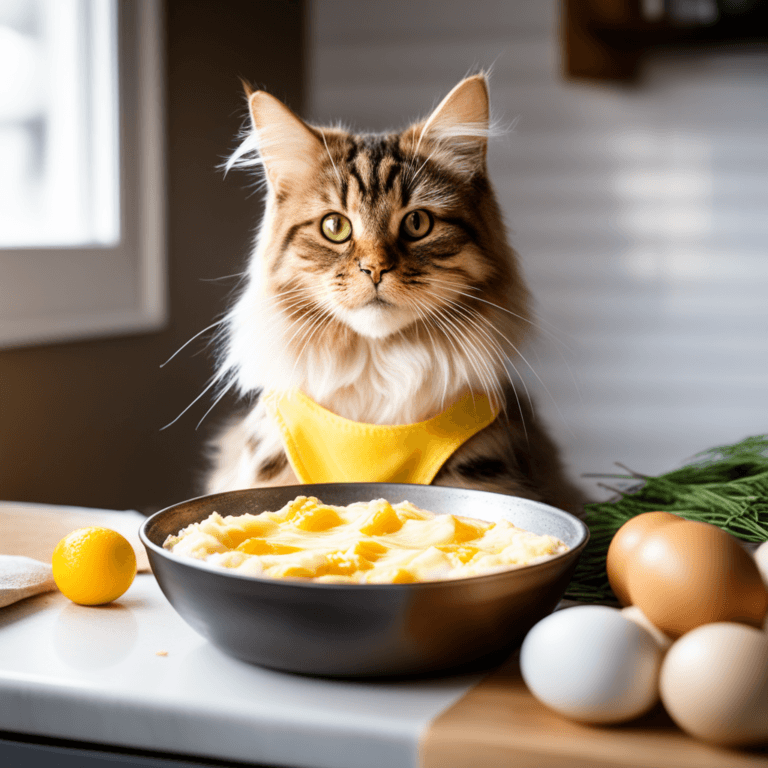Can Cats Safely Eat Duck
If you’re a cat owner curious about diversifying your furry friend’s diet, here’s the scoop: YES, cats can indeed safely eat duck. This isn’t just about offering a tasty treat; duck can be a nutritious addition to their diet, but like with any food that isn’t a staple, there are some things you need to keep in mind.
Duck provides a rich source of protein, which is crucial for your cat’s muscle maintenance and overall health. It’s also a novelty protein, often recommended for cats with food sensitivities as it’s less likely to cause allergic reactions compared to common proteins like beef or chicken. But remember, moderation is key. I’ll get into the ‘why’ and ‘how much’ in a moment.
You also want to ensure that the duck is cooked simply – no seasonings or bones – to prevent any digestive issues or choking hazards. Moreover, it’s essential to consider that a change in your cat’s diet should be introduced gradually. This means starting with small amounts of duck and observing how they handle it.
Now, while duck can be a fantastic source of nutrition, it shouldn’t be the only thing on the menu. It’s important to maintain a balanced diet for your furry pal. So, how exactly does duck measure up in terms of its nutritional profile for feline health? Let’s explore that next.
The Nutritional Profile of Duck for Feline Health
I’m going to paint a clearer picture of why duck can be a good choice for your feline. Assuming it’s prepared safely, duck meat could serve as a tasty and nutritious component in your cat’s diet. Now, let’s get into specifics about its nutritional value.
You might be familiar with the usual chicken or tuna in cat foods, but duck is a bit of a game-changer. It’s a novel protein source, which means it’s less likely to cause food sensitivities in cats that might have issues with more common proteins. But that’s just the start.
Duck meat is a great source of protein, which is crucial for your furry friend’s muscle maintenance. It’s rich in amino acids, the building blocks of protein, and it’s got a good dose of minerals. We’re talking iron for healthy blood, zinc for skin and fur, and selenium, an important antioxidant.
Let’s not forget the fatty acids. Duck has them, and they can help keep your cat’s coat glossy and skin healthy. However, remember too much fat can be a problem, but in the right amounts, it can be quite beneficial.
Introducing duck into your cat’s diet can offer an excellent balance, especially if you’re rotating proteins to provide a variety of nutrients. Just keep in mind that ducks are waterfowl, so their meat is a bit richer and fattier. I think it’s essential to balance it with leaner meats and ensure your cat isn’t overdoing it on the fat content.
Now, with this knowledge about duck’s nutritional benefits, you’re all set to understand how to properly introduce it to your cat’s menu. That’s going to include knowing the best way to cook it and recognizing your cat’s individual needs and preferences, which we’ll cover in the next section.
Feeding Your Cat Duck: Best Practices
Now that we’ve established ducks can be a nutritious addition to a cat’s diet, let’s talk about how you can safely introduce this protein. Just because something is safe, doesn’t mean it’s a free-for-all; moderation and preparation are key here.
To begin with, you want to make sure the duck is cooked thoroughly. This eliminates harmful pathogens that could be lurking in raw meat. Avoid using any oils, butter, or seasoning, as these can upset your cat’s digestive system or be harmful to their health.
In terms of portion size, duck should be considered a treat or supplement to your cat’s regular meals. It shouldn’t replace their usual diet but rather complement it. A good rule of thumb is to keep treats at 10% of their overall dietary intake.
You might be tempted to try your hand at a homemade duck dish for your feline, and that’s a great way to show love! Just be sure you’re informed about all the nutritional needs of cats. Commercially available duck cat foods are formulated to meet these needs and can be a more convenient and balanced option.
Remember, each cat is an individual, and just like people, they can have different tastes and tolerances for foods. After feeding duck to your cat, observe them closely for any adverse reactions such as gastrointestinal upset or signs of food allergies, and consult your vet if you have any concerns.
In the end, choose something that resonates with you and works for your cat. Trust your judgement, but always be open to adjusting your approach based on your cat’s health and preferences. Feeding your cat duck can be a wonderful variation in their diet when done correctly!

